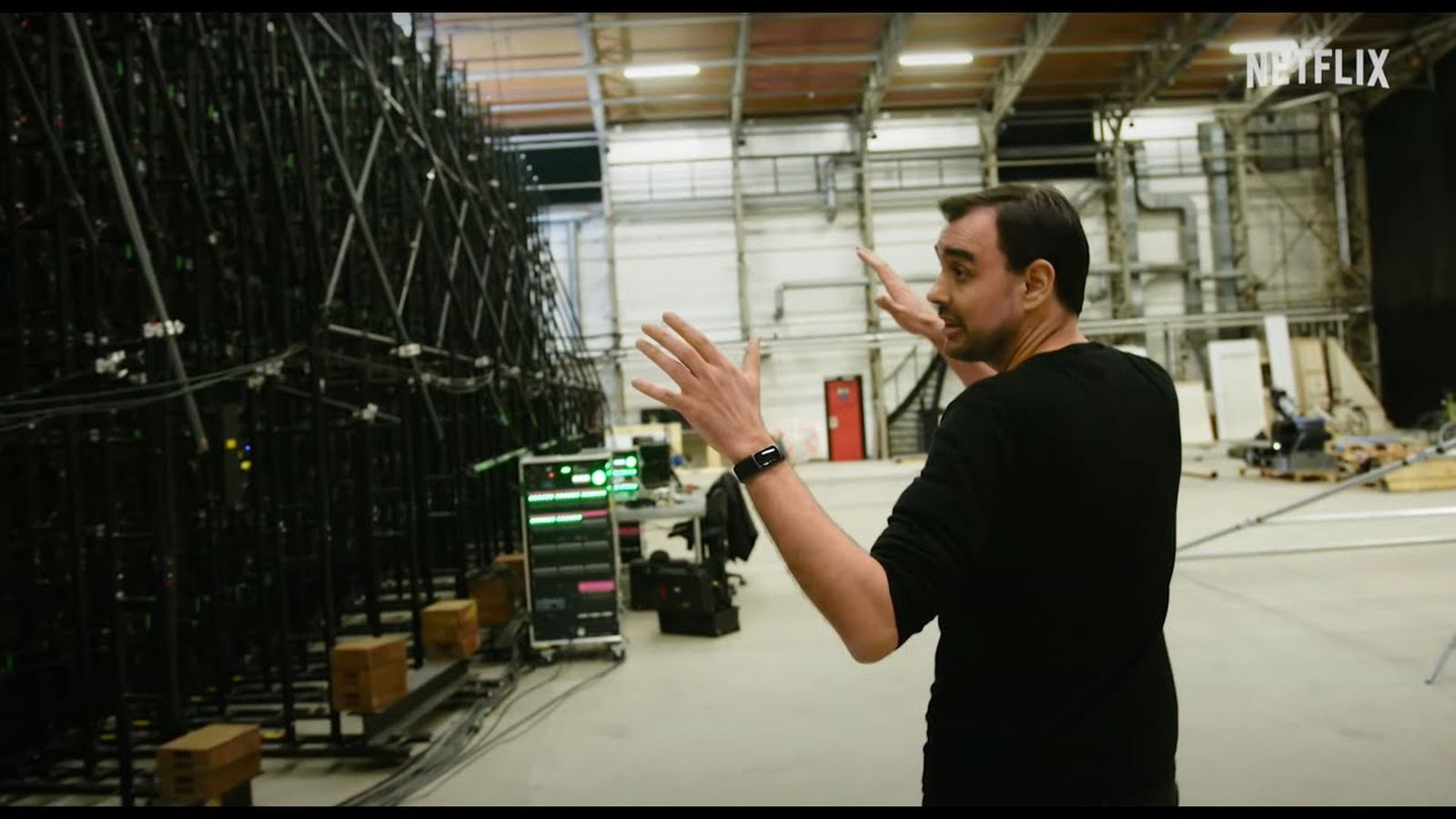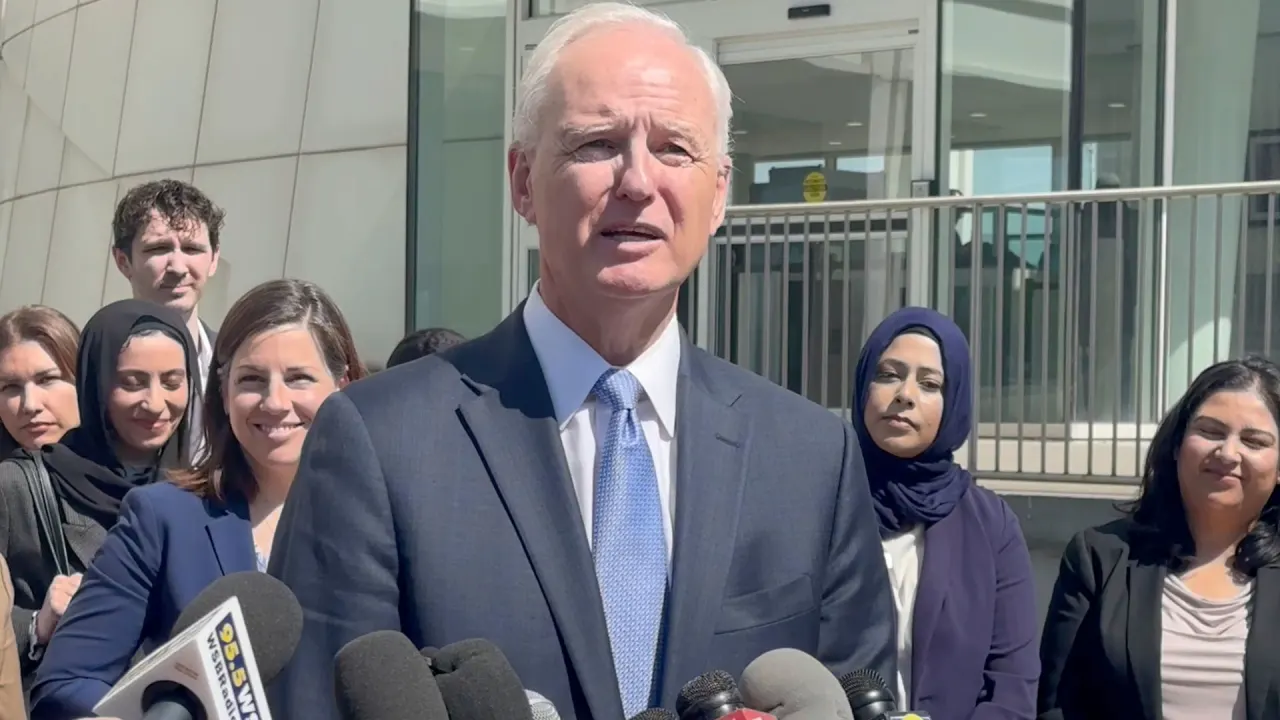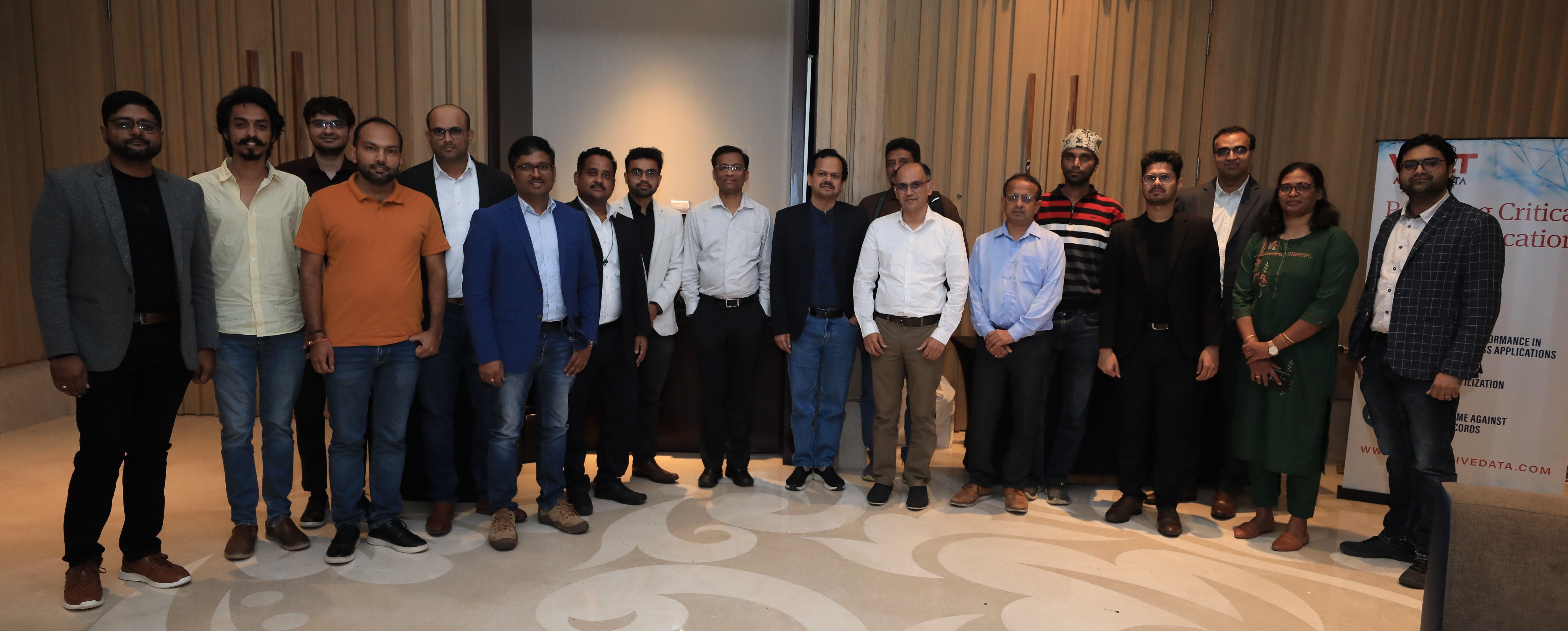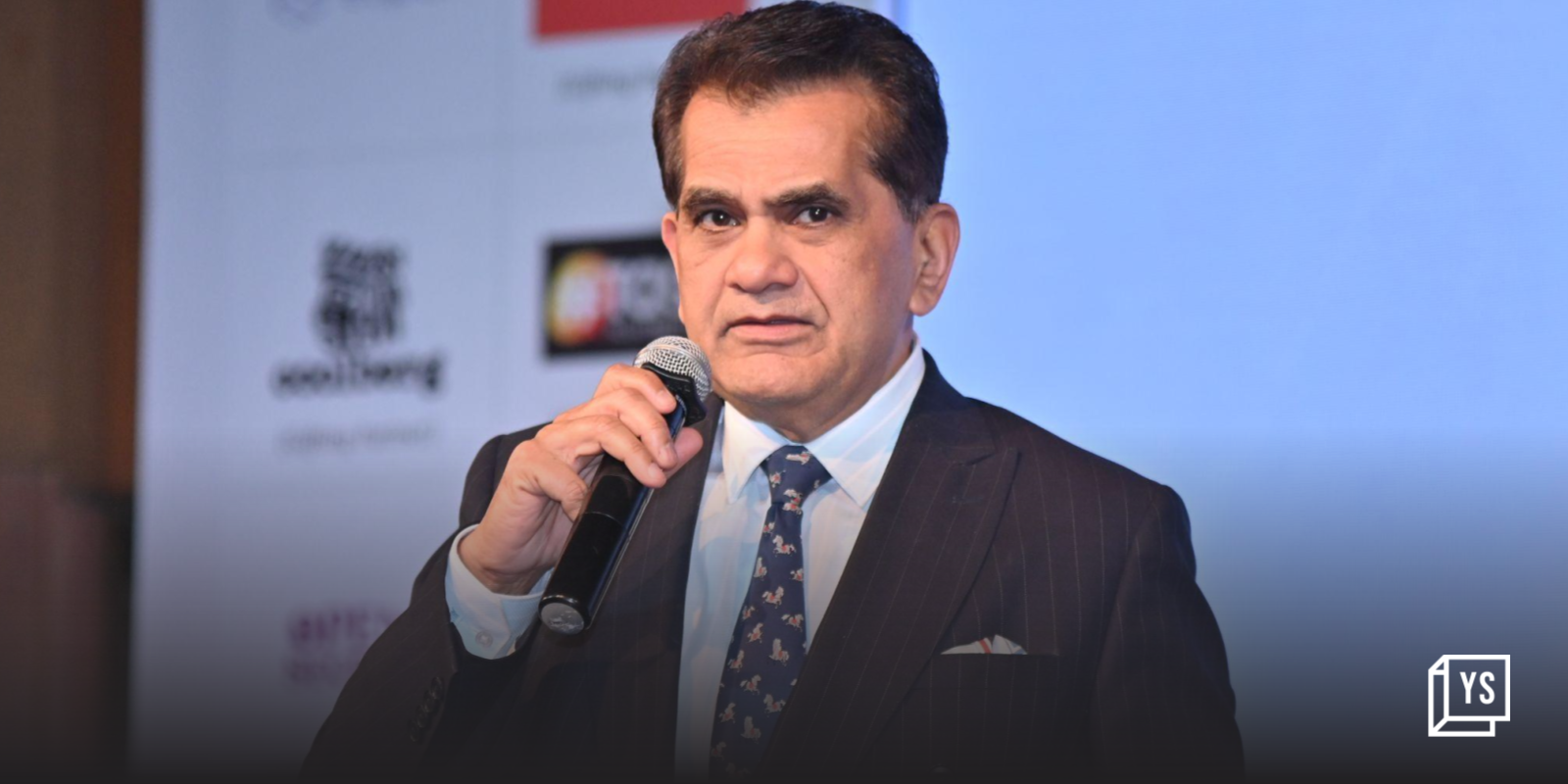Piyush Goyal’s Focus on Skill Development: The Backbone of India’s Startup Ecosystem
India stands at the cusp of an entrepreneurial revolution, and at the heart of this transformation lies a simple but powerful force — skill development.


As India surges forward on its path to becoming a $30 trillion economy by 2047, a critical pillar supporting this vision is skill development. In a candid and inspiring dialogue at the launch of The Bharat Project: Sapno Se Startup Tak, Union Minister Piyush Goyal emphasised how skill training is the bridge between dreams and deliverables, especially in an era defined by entrepreneurship, innovation, and inclusion.
India is home to the youngest workforce in the world. But for this demographic dividend to translate into economic growth, we must move beyond traditional degrees and equip our youth with real-world, job-ready skills.
Why Skill Development is India's Urgent Need
The minister highlighted a deep-rooted concern: India's education system, built on the colonial Macaulay model, has focused more on degree acquisition than employability. “We’ve become a nation of degree holders,” he remarked, “but we still struggle to find a good plumber, a trained electrician, or a skilled cook.”
This disconnect is not just a societal inconvenience—it’s an economic bottleneck.
From White-Collar Dreams to Real-World Skills
Minister Goyal recalled how, a decade ago, most Indian parents and youth aspired to secure a government job. Fortunately, that mindset is shifting. Today, more and more youngsters are exploring entrepreneurship, freelancing, and vocational careers.
This evolution is being supported by initiatives like the National Skill Development Corporation (NSDC) and state-backed partnerships. As Goyal put it, “Skilling has no age. I need to reskill even at my age to stay relevant. So should every Indian.”
Mumbai as a Case Study: A Model for Scale
Using his own constituency—North Mumbai—as a working example, Goyal shared how a vision combined with execution is changing lives.
In collaboration with the Bombay Municipal Corporation and Confederation of Indian Industry (CII), a state-of-the-art Skill Development Center was launched in Kandivali East just six months ago. Since its inception, over 10,500 youth have received training and placement. The ambitious goal? To touch 1 lakh lives by the end of the year.
More centers are underway—one in each assembly constituency in North Mumbai. These centers not only provide training in trades like carpentry, hospitality, and digital services, but also host job fairs and act as placement cells.
Inclusion: Beyond Metro India
One of the standout takeaways from the conversation was the minister’s commitment to inclusivity. Whether it's Patan in Gujarat, Naxal-affected Garchiroli, or rural Tamil Nadu, there is recognition that talent resides in every corner of the country.
Tier 2 and Tier 3 cities, often overlooked, are emerging as hotbeds of innovation and ambition. Entrepreneurs from these areas, though lacking access to big capital or global platforms, are proving their mettle through resilience and local ingenuity.
A Culture of Continuous Learning
Beyond initial training, Goyal spoke of a culture shift where lifelong learning becomes a norm. As industries evolve with AI, automation, and deep tech, even skilled professionals will need regular upskilling.
The government’s emphasis is clear: India does not just need engineers and MBAs, it needs creators, innovators, and problem-solvers. And many of them may not come with elite degrees, but with hands-on, mission-driven skills.
Breaking Barriers for Mid-Sized Firms
During the interactive session, mid-sized skilling institutions raised concerns about lack of government support due to stringent eligibility norms. Goyal acknowledged the issue, citing past misuse as a reason for tough rules, but promised a review to support genuine efforts. “We need to support young institutions who’ve already proven impact,” he said, referring to private firms that have trained over 25,000 students in underserved areas.
Skilling the Street-Level Entrepreneur
Skill development isn’t just for formal jobs. The government’s PM Swanidhi Yojana has empowered hawkers and street vendors by helping them modernise, go digital, and access micro-credit. Similarly, gig workers like delivery agents have received low-interest loans for bikes, boosting their monthly incomes.
“Skill is empowerment,” Goyal noted. “Whether you run a startup, a dosa stall, or a Swiggy route, skill transforms income, dignity, and opportunity.”
Conclusion: A Nation of Doers, Not Just Dreamers
If India must become the startup capital of the world, as Goyal envisions, skilling will be the catalyst. From rural innovators to urban gig workers, from deep-tech engineers to street food vendors—the future belongs to those who learn, adapt, and act.
And in this transformative journey, Bharat's bet on skilling is its most powerful startup story yet.










































































































































































![[The AI Show Episode 144]: ChatGPT’s New Memory, Shopify CEO’s Leaked “AI First” Memo, Google Cloud Next Releases, o3 and o4-mini Coming Soon & Llama 4’s Rocky Launch](https://www.marketingaiinstitute.com/hubfs/ep%20144%20cover.png)















































































































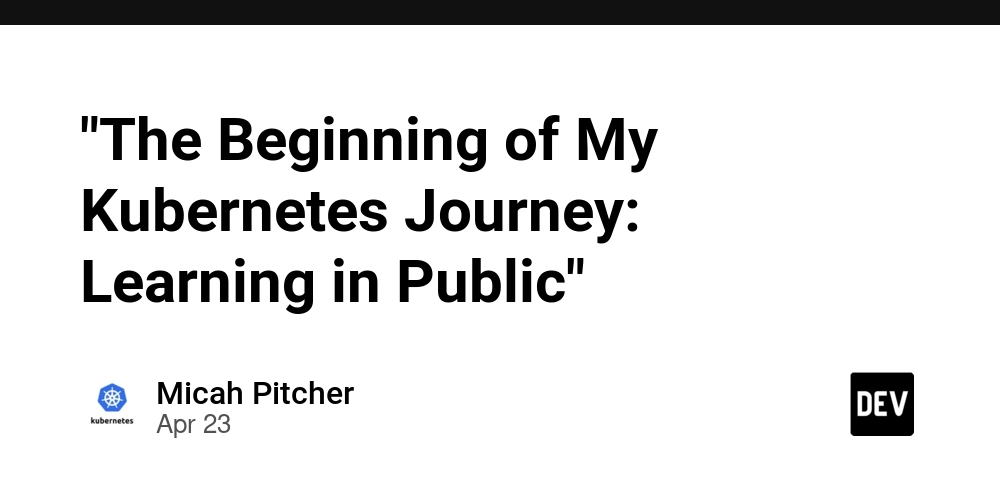








































![Did I Discover A New Programming Paradigm? [closed]](https://miro.medium.com/v2/resize:fit:1200/format:webp/1*nKR2930riHA4VC7dLwIuxA.gif)

























































































-Classic-Nintendo-GameCube-games-are-coming-to-Nintendo-Switch-2!-00-00-13.png?width=1920&height=1920&fit=bounds&quality=70&format=jpg&auto=webp#)



























_Wavebreakmedia_Ltd_FUS1507-1_Alamy.jpg?width=1280&auto=webp&quality=80&disable=upscale#)

















































































































![New iPhone 17 Dummy Models Surface in Black and White [Images]](https://www.iclarified.com/images/news/97106/97106/97106-640.jpg)


![Hands-On With 'iPhone 17 Air' Dummy Reveals 'Scary Thin' Design [Video]](https://www.iclarified.com/images/news/97100/97100/97100-640.jpg)












































